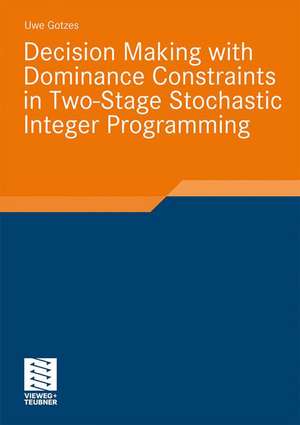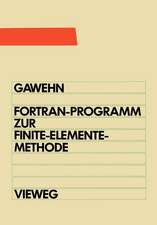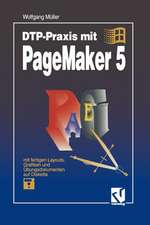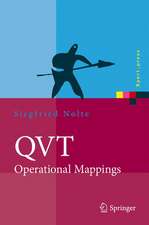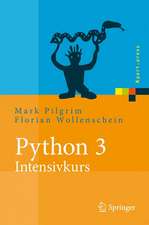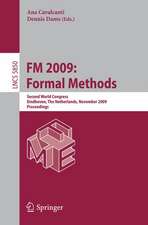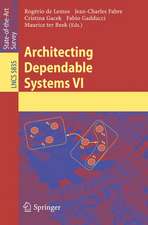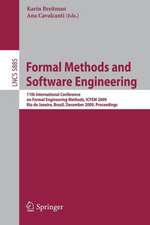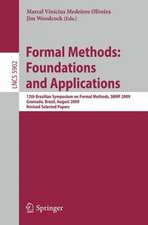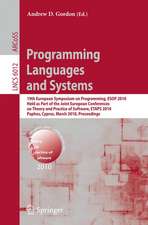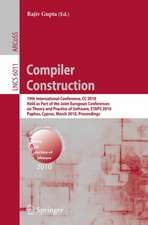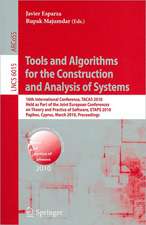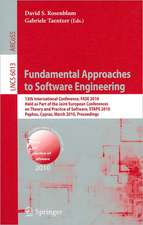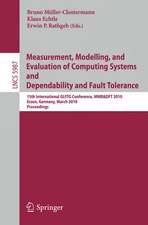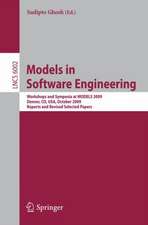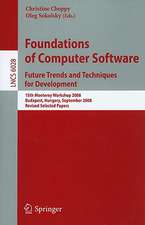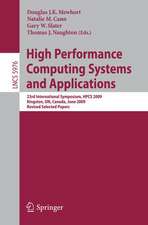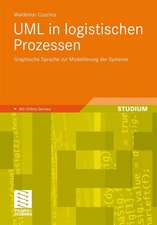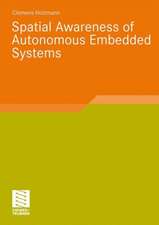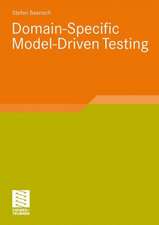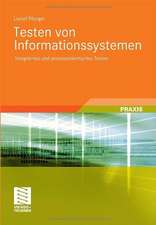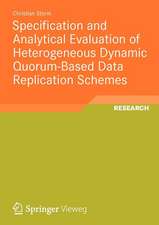Decision Making with Dominance Constraints in Two-Stage Stochastic Integer Programming: Stochastic Programming
Autor Uwe Gotzesen Limba Engleză Paperback – 28 iul 2009
Preț: 635.09 lei
Preț vechi: 793.86 lei
-20% Nou
Puncte Express: 953
Preț estimativ în valută:
121.53€ • 127.31$ • 100.72£
121.53€ • 127.31$ • 100.72£
Carte tipărită la comandă
Livrare economică 08-22 aprilie
Preluare comenzi: 021 569.72.76
Specificații
ISBN-13: 9783834808431
ISBN-10: 3834808431
Pagini: 104
Ilustrații: 104 p. 30 illus.
Dimensiuni: 148 x 210 x 13 mm
Greutate: 0.13 kg
Ediția:2009
Editura: Vieweg+Teubner Verlag
Colecția Vieweg+Teubner Verlag
Seria Stochastic Programming
Locul publicării:Wiesbaden, Germany
ISBN-10: 3834808431
Pagini: 104
Ilustrații: 104 p. 30 illus.
Dimensiuni: 148 x 210 x 13 mm
Greutate: 0.13 kg
Ediția:2009
Editura: Vieweg+Teubner Verlag
Colecția Vieweg+Teubner Verlag
Seria Stochastic Programming
Locul publicării:Wiesbaden, Germany
Public țintă
ResearchCuprins
Increasing Convex Order Constraints Induced by Mixed-Integer Linear Recourse.- Competitive Risk-Averse Selling Price Determination for Electricity Retailers.- Decomposition Method.- Test Instances.- An Alternative Formulation for Optimization under Stochastic Dominance Constraints.
Notă biografică
Dr. Uwe Gotzes completed his doctoral thesis at the Department of Mathematics at the University of Duisburg-Essen. He is a network planner at E.ON Gastransport.
Textul de pe ultima copertă
Two-stage stochastic programming models are considered as attractive tools for making optimal decisions under uncertainty. Traditionally, optimality is formalized by applying statistical parameters such as the expectation or the conditional value at risk to the distributions of objective values.
Uwe Gotzes analyzes an approach to account for risk aversion in two-stage models based upon partial orders on the set of real random variables. These stochastic orders enable the incorporation of the characteristics of whole distributions into the decision process. The profit or cost distributions must pass a benchmark test with a given acceptable distribution. Thus, additional objectives can be optimized. For this new class of stochastic optimization problems, results on structure and stability are proven and a tailored algorithm to tackle large problem instances is developed. The implications of the modelling background and numerical results from the application of the proposed algorithm are demonstrated with case studies from energy trading.
Uwe Gotzes analyzes an approach to account for risk aversion in two-stage models based upon partial orders on the set of real random variables. These stochastic orders enable the incorporation of the characteristics of whole distributions into the decision process. The profit or cost distributions must pass a benchmark test with a given acceptable distribution. Thus, additional objectives can be optimized. For this new class of stochastic optimization problems, results on structure and stability are proven and a tailored algorithm to tackle large problem instances is developed. The implications of the modelling background and numerical results from the application of the proposed algorithm are demonstrated with case studies from energy trading.
